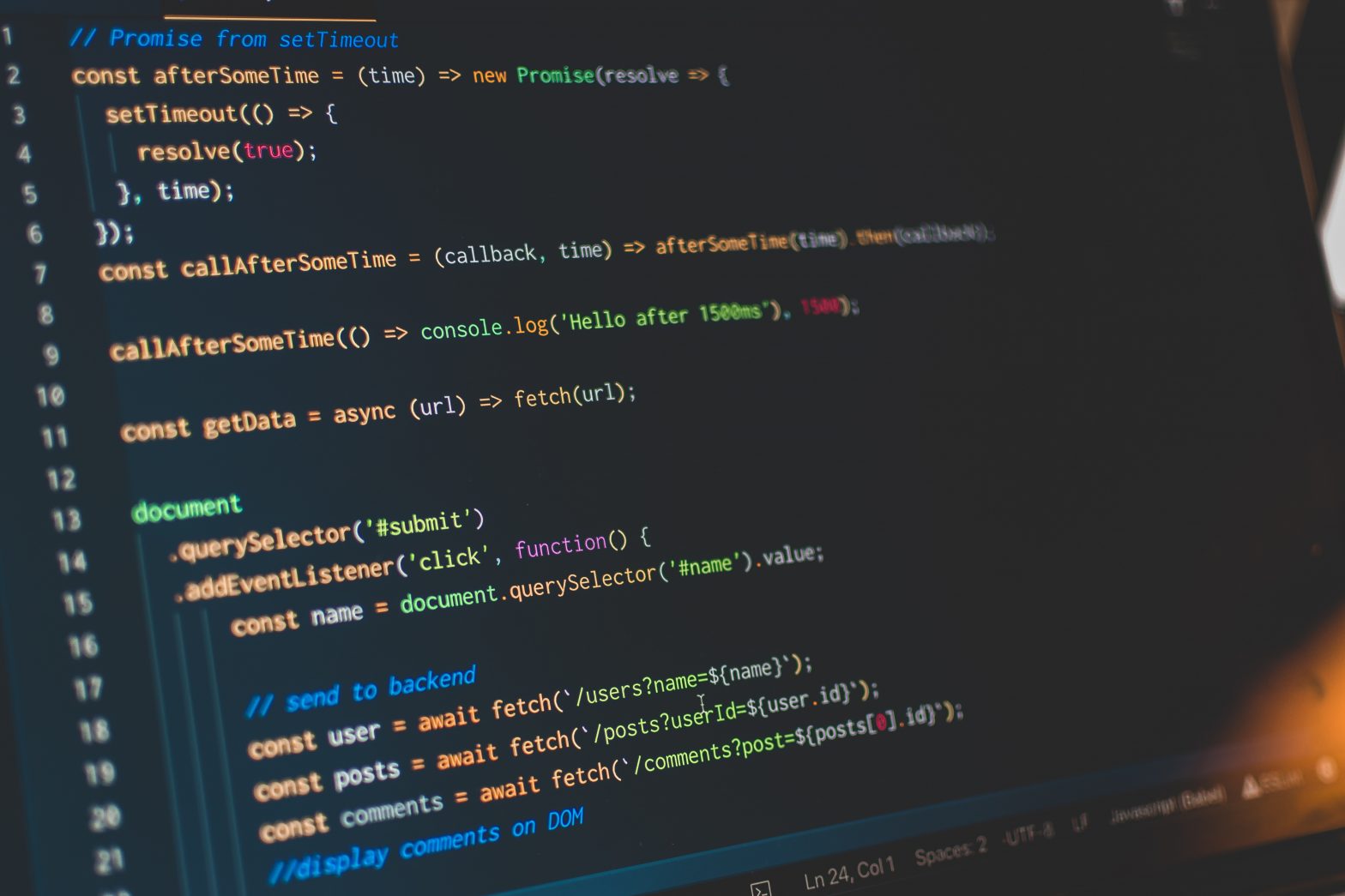It doesn’t matter if you’re a fresh-out-of-school junior programmer or a wizened old coder, there are always ways to improve your skills as a programmer.
As a Junior developer just starting or Senior developer trying a new language, the best first steps are to start with a Hello World and build from there. If it’s a new language, write a very simple proof of concept project to teach you the introductory properties of the language. If it’s a new framework or library, a side-project that uses its strengths will help you learn the syntax (and maybe the weaknesses). If you want to learn a new concept like 3D rendering or machine learning, pick your favorite language and environment and take small steps into the new ideas. But writing code is a small part of what makes a good programmer.
A lot of people get into programming as a hobby that turns into a lucrative skill. Easily half of the programmers I’ve worked with were self-taught with no formal education. That takes a lot of determination and skill, and I really respect that. But these people missed out on something important when programming that only becomes apparent when working with other people; a common language.
There’s no reason to not learn it, though! The book Clean Code by Robert Martin is the cornerstone to talking about code in all its various levels of quality.
Some developers will say “I taught this to myself, I don’t need to read some fancy book for something I can figure out myself.” You’re not reading the book to teach you programming, and reading it isn’t somehow admitting you’re inferior. Clean Code is a book that talks about bad code in industry-standard terms, and then gives suggestions for how to avoid writing bad code in the future. Even if you don’t “buy into” everything in the book, it will make you think about your code in a way that will benefit every future developer you work with.
But Midas! I’ve already READ Clean Code!
Awesome! You’re amazing! But there’s no reason to stop there. The software industry is relatively young in the grand scheme of things, but there are already many well-thought-out and researched books to help you hone your programming skills and get better.
